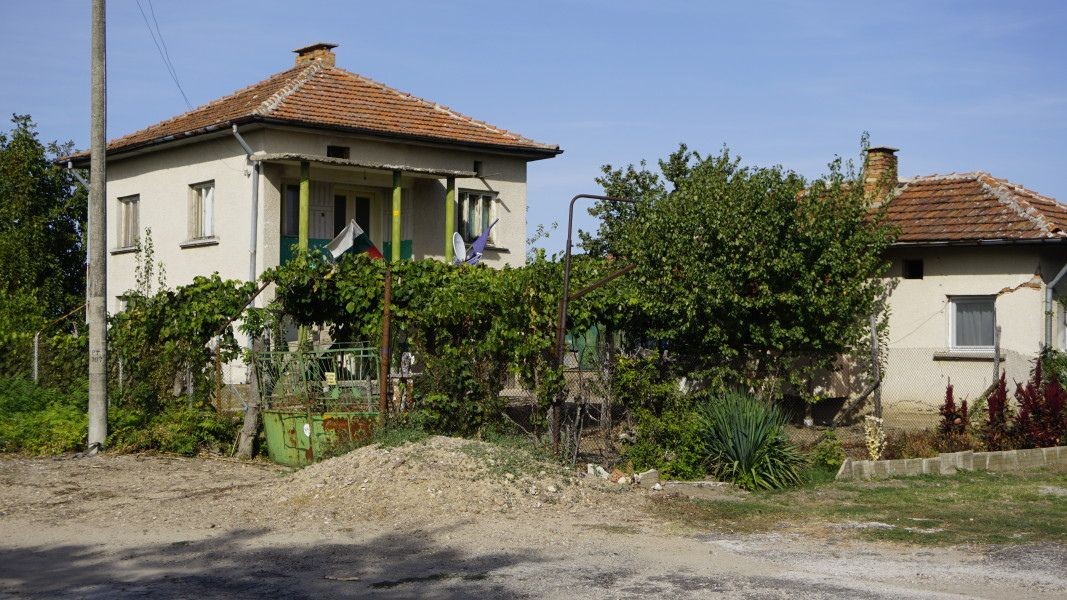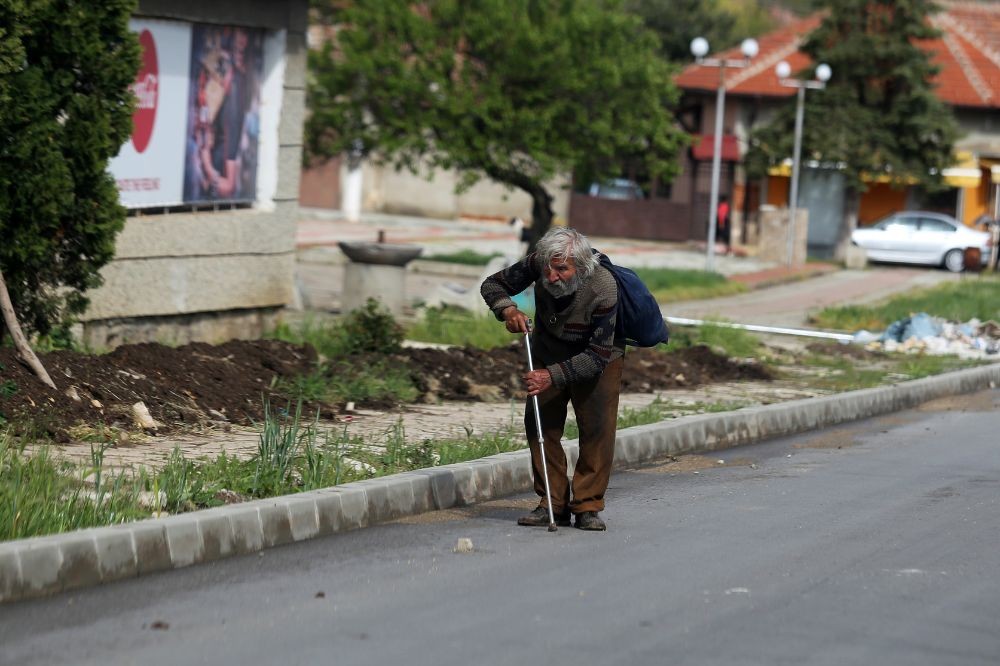In most people’s minds, Bulgaria’s Northwest is a land of pristine nature, breathtaking landscapes and a rich cultural heritage which makes the region a goldmine for cultural and ecotourism. But this part of the country has another face as well. According to Eurostat data, Bulgaria’s Northwest is one of the poorest regions of Europe with a high depopulation and unemployment rate. At this time, the situation is most serious in Dimovo municipality where the National Employment Agency registered an unemployment rate of no less than 67% in June. Large enterprises in the region are closing down and there are no new ones. Agriculture does not need as many workers as it used to, and people cannot afford to invest in any undertakings of their own. Things are in a downward spiral, as an extensive report by BNR-Vidin shows. “There has to be political will to do something in these regions,” comments Atanas Katsarchev, chief economist at the Podkrepa Labour Confederation and adds:
“That’s how things have been for years, it is not something that sprung up yesterday. Despite all promises by the political parties on the campaign trail that they will take care of the Northwest, that they will think of something to breathe life into this region, what we have been seeing these past 30 years is the exact opposite – depopulation and poverty. Nothing is happening! If there is no economy in the region this will continue. At some point we shall see there are no people because there is no way for them to make a living. Jobs are provided mostly by the state administration and the municipality. Vidin is close to top of the list in low salaries, and that too has sent people seeking a job outside the region.”
Asked whether people in Dimovo municipality, where a record-high unemployment rate was registered, live in poverty, mayor Svetoslav Slavchev says:
“Dimovo municipality has the highest number of people who are socially disadvantaged and unemployed. There is no work for them at this time. We, as a municipality are unable to create jobs and we rely mostly on programmes. But they have not been enough for years. When funding is allocated under specific programmes for certain categories like young people or long-term unemployed, or pensioners, they are not enough. You can’t have one opening for all municipalities in the region, we then have to somehow choose who to give it to. There are no means of livelihood in the region, unemployment is sky-high. Whole families emigrate.”
Have small municipalities been forgotten by the government in recent years, against the backdrop of the string of elections in the country and the fact there is no regular government?
“As a rule when there is no long-term governing administration you get all kinds of anomalies,” says Svetoslav Slavchev. “We, as municipalities, feel this very poignantly, when there is some kind of problem it comes round back to us. Unfortunately, what is happening is unacceptable to all – to us as an administration, to the people in the municipalities. Things cannot go on like this!”
Households in other parts of Northwestern Bulgaria are also living below the subsistence minimum. BNR-Vidin asked people living in Kula municipality on the Danube whether people are living in poverty:

“Yes, very much so! They have to do without food, without medication, without everything. They have to do without the most important things to make ends meet. Obviously the people in charge are not doing their job well seeing as there are so many young people out of a job. We have a rubber factory here and that’s all, everything else is closed. We each have to cope any way we can.”
More:
Interviews by BNR-Vidin
Text by Veneta Nikolova
Translated and posted by Milena Daynova
Photos: BNR-Vidin, BGNES
Over 80% of Bulgarians are expected to start using artificial intelligence in the next three years , across all age groups. Today, it is almost impossible to find a Bulgarian student who does not turn to ChatGPT when preparing homework. This..
Serbians around the world mark one year after Novi Sad tragedy On November 1, Serbians abroad will join the call of students in Serbia to mark the anniversary of the collapse of the canopy of the Novi Sad railway..
"We cannot escape from modern technologies, but we must think about how we can use artificial intelligence to improve the quality of education without losing human contact," said Mimi Nicheva, head of the Bulgarian Sunday School "Sts...
"We cannot escape from modern technologies, but we must think about how we can use artificial intelligence to improve the quality of..
Serbians around the world mark one year after Novi Sad tragedy On November 1, Serbians abroad will join the call of..
Over 80% of Bulgarians are expected to start using artificial intelligence in the next three years , across all age groups. Today, it is almost..

+359 2 9336 661
